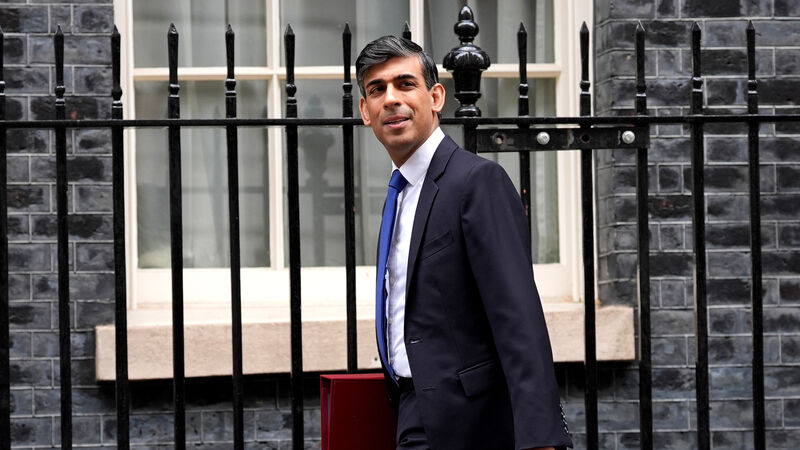British economy was in recession at the end of 2023

As he prepares for a general election, Rishi Sunak has been seeking to reassure Tory MPs that the economy is turning around, after business surveys showed a recovery in private sector activity in the first few months of the year.
Official figures have confirmed that the British economy went into recession at the end of last year, after the latest estimate found it contracted in the last two quarters of 2023.
In a blow to the UK government’s economic standing, the UK's Office for National Statistics, or ONS, said the economy, as measured by gross domestic product, shrank by 0.3% in the last three months of the year, unrevised from an earlier estimate.














